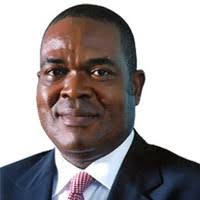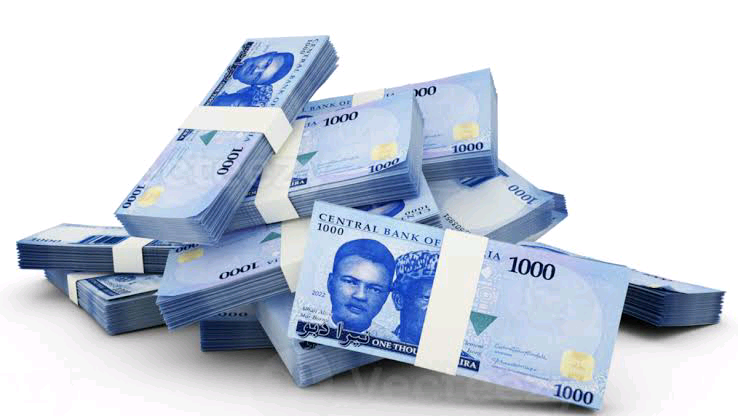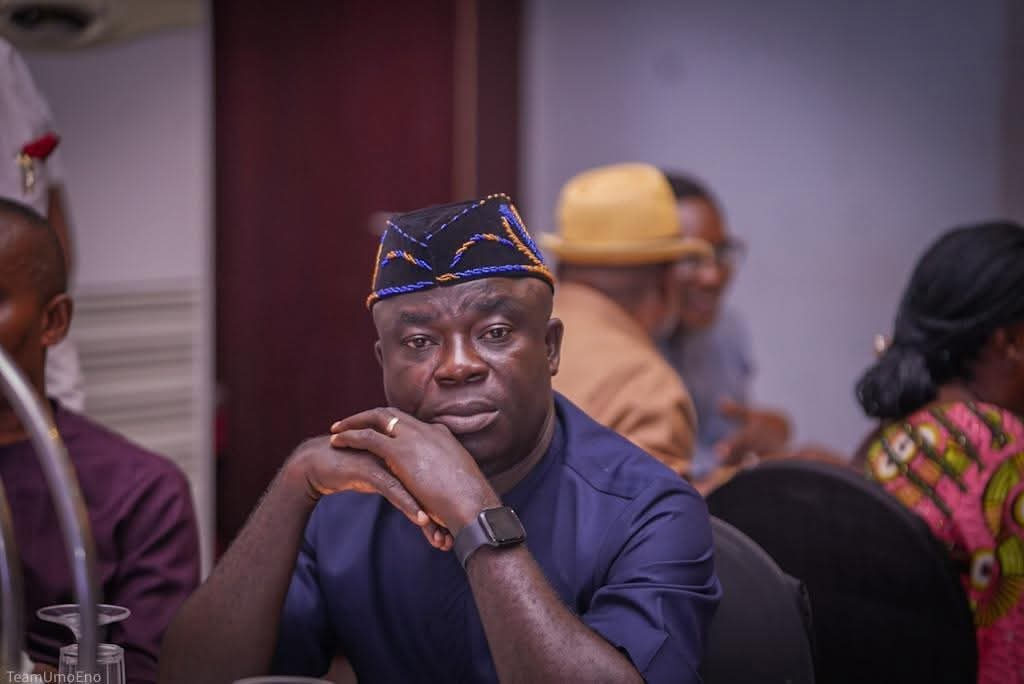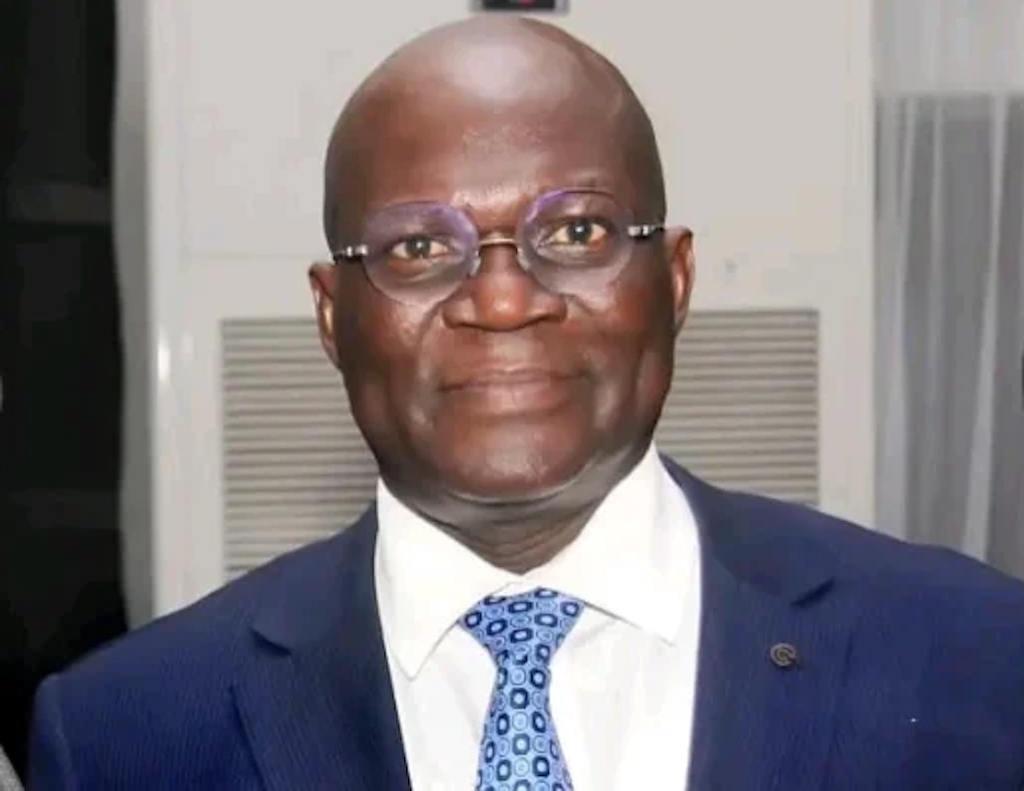By Marcel Okeke
It looked very bizarre, that on September 3, 2025 when the leadership of the Buhari Organization visited President Bola Ahmed Tinubu, he opted to use the occasion for an update on the Nigerian economy. Apparently to wow his audience, and Nigerians, the President, extempore, started reeling out the state of a number of economic indicators to show that the Nigerian economy under his watch has come out of the woods.
The Buhari Organization is a group of politicians who are members of the ruling All Progressives Congress (APC), but used to be members of the defunct Congress for Progressive Change (CPC) which merged with other political entities to become APC. The leader of the CPC was (late) President Muhammadu Buhari; hence, the formation of the Buhari Organization in memory of the late CPC leader.
But addressing the visiting team, President Tinubu declared that Nigeria had met its 2025 revenue target ahead of schedule, with no need for further borrowing. “Nigeria is not borrowing. We have met our revenue target for the year, and we met it in August,” he said with aplomb.
President Tinubu further told the team led by former governor of Nasarawa state, Senator Tanko Al-Makura that “the economy is stabilized; nobody is trading pieces of paper for exchange rate anymore. When I took over, it was N1,900 to a dollar. It’s N1,450 now. Rates have been stabilizing.” The President also dismissed concerns about US tariffs under President Donald Trump, saying: “if non-oil revenue is going well, then we have no fear of whatever Trump is doing on the other side.” He said “Our path to food security is clear. Every region will have a mechanized farm center. We are committed to removing poverty from our land, and that is the work we have already started.”
But as exhilarating as these Presidential ‘manifestoes’ might be, they hardly reflect the reality of the Nigerian economy nor the pitiable condition of its citizenry. Has Nigeria really stopped borrowing, locally or externally, as Mr. President said? Has Nigeria met its revenue target for this year (in August), as claimed by the President?
Did President Tinubu meet the exchange rate of our local currency in May 2023 at N1,900 to one dollar? Or, has the exchange rate now stabilized at N1,450 to one dollar?
The answer to all these questions is a capital NO! None of what the President said was correct; they are really a bunch of disinformation, perhaps meant only to impress his audience; and confuse rather than convince them about the true state of the Nigerian economy.
In point of fact, by May 29, 2023, when President Tinubu was inaugurated, the (official) exchange rate fluctuated between N450—N470 to the dollar. At what was called the parallel market (then), the naira was exchanging at about N700 to a dollar. Indeed, it was the policies of the Tinubu administration (especially fuel subsidy removal and Naira floatation) that shot up the exchange rate to close to N2000 per dollar by early 2024.
Although the Naira has somehow appreciated from that point of N1,900 to a dollar as of March 2024, it has not gained strength to N1,450 per dollar as claimed by Mr. President. Available data from the Central Bank of Nigeria (CBN) shows that as of August 29, 2025, the Naira exchanged at N1,532 per dollar. Even as of September 15, 2025, the exchange rate was about N1,498 per dollar!
As Mr. President was wallowing in self-adulation before the leadership of the Buhari Organization, the Nigerian Senate approved his external borrowing plan of over US$21 billion for the 2025-2026 fiscal cycle, paving the way for the implementation of the N55 trillion 2025 budget. Actually, the comprehensive borrowing package includes US$21.19 billion direct foreign loan, 4bn Euros, 15bn Yen, a US$65 million grant and domestic borrowing through government bonds totaling approximately N757 billion.
Also approved by the Senate was a provision to raise up to US$2 billion through a foreign-currency denominated instrument in the domestic market. In March, this year the World Bank approved US$1.08 billion in concessional loan designed to improve education, nutrition, and household resilience among vulnerable communities in Nigeria.
With these planned loan approvals by the Nigerian Senate, is it not hypocritical or outright prevarication that Mr. President will be telling a group of politicians (on courtesy call to him) that Nigeria has stopped borrowing? Is it not propaganda taken too far for the President to be feeding his visitors with disinformation and half-truths? If anything, it is the borrowing streak of the Tinubu administration that has ballooned Nigeria’s public debt to about N150 trillion by the first quarter 2025, as against N121.7 trillion a year ago. This is why the Speaker of the House of Representative, Tajudeen Abass, had to warn the other day that Nigeria’s rising debt profile demands focus on transparency, fiscal discipline, and rigorous oversight to maintain debt sustainability.
The rapid rise in public debt has pushed the debt-to-GDP ratio to 52 per cent, significantly surpassing the recommended ceiling of 40 per cent.
All these statistics certainly diverge from the President’s claim that the Nigeria’s macro-economy had stabilized. Is it a stability at exchange rate of US$1,500 per dollar; or inflation rate of over 20 per cent; or interest rate (MPR) at 27.50 per cent? Is the economy stable at unemployment rate of over 40 per cent (youth unemployment); with continued dependence on so much foreign portfolio investment (FPI) inflow, as against foreign direct investment (FDI)?
Is the economy stable when many multinationals (blue chips) are still leaving the country in droves? With many of the popular Shoprite outlets reportedly shutting down across the country; and Johnson & Johnson Innovative Medicines—a global healthcare giant—about to close shop—is the economy stable?
Each of the exiting companies (including GSK, P & G, Sanofi, etc.) pointed to Nigeria’s worsening economic climate occasioned by soaring inflation, foreign exchange challenges, rising production costs, and unpredictable government policies as reasons for their departure from Nigeria. This is in addition to the widespread insecurity that has become an existential threat in the land. Numerous internally displaced persons (IDPs) camps across the country depict the pathetic situation.
President Tinubu’s so-called stable economy is also hinged on some improvements in Nigerian Diaspora remittances, which is as a result of the unrestrained exodus of Nigerians to other countries. This Japa phenomenon means millions of Nigerians escaping to other countries, and sending back some money to help keep their loved ones alive in Nigeria.
All these compose the ‘stable economy’ for which Mr. President was blowing his trumpet to the visiting leaders of the Buhari Organization; and to the whole world. This mindset of the President accounts for why the economy is yet in the doldrums: with billions of dollars claimed to have been sunk into the repair of public refineries, but without results. Business deals worth billions of dollars also claimed to have been secured during the so many travels of Mr. President, with little or nothing on ground as evidence.
It is most apposite at this point to advise that the President should do less of propaganda and prevarications; and give factual gains of his reforms, if any. Mr. President should allow his performance to tell the story—to avoid his having to flaunt deceptive statistics about the Nigerian economy.

The author, Okeke, a practicing Economist, Business Strategist, Sustainability expert and ex-Chief Economist of Zenith Bank Plc, lives in Lekki, Lagos. He can be reached via: obioraokeke2000@yahoo.com (08033075697) SMS only




